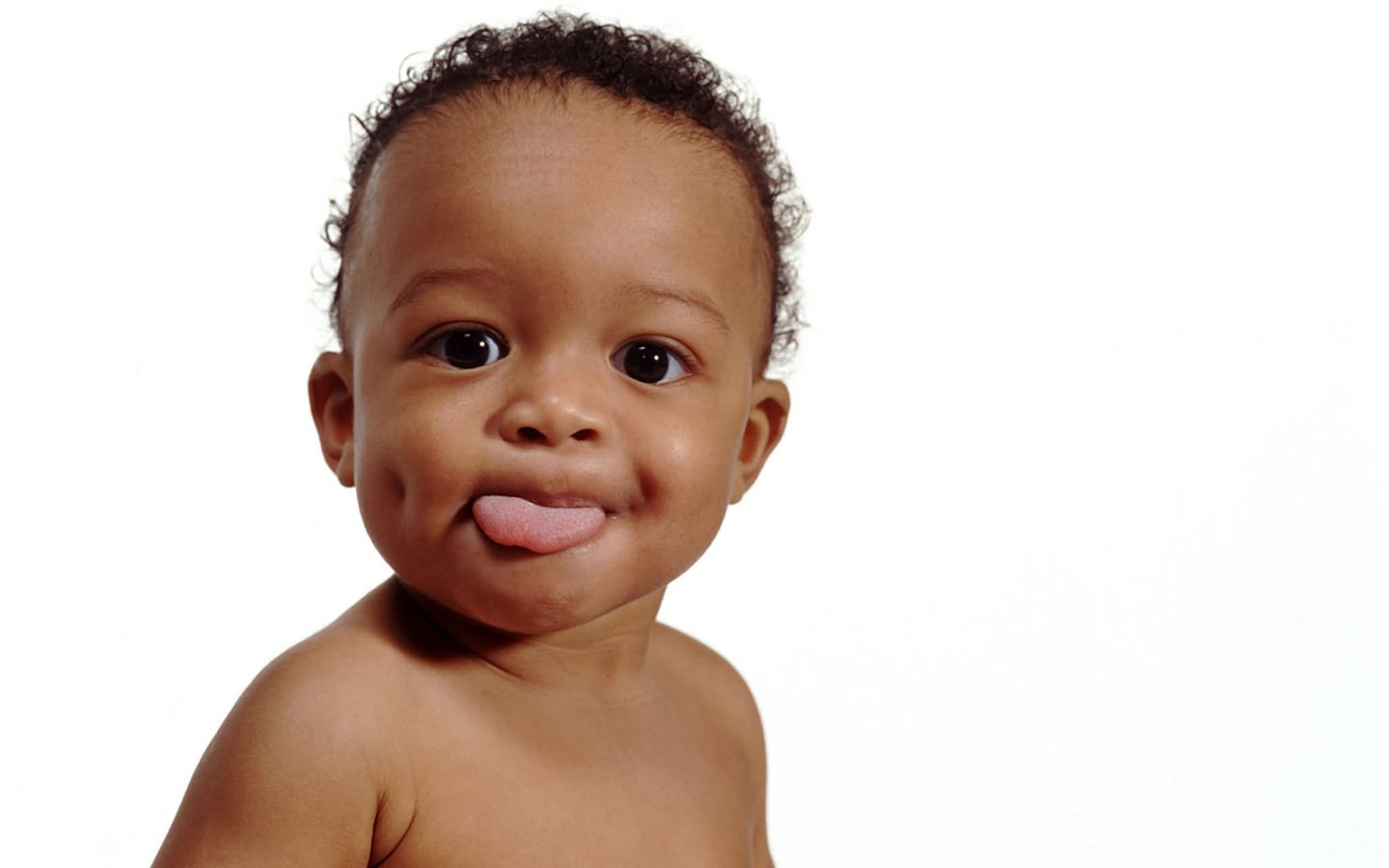On February 3, 1984, a hospital in the state of California in the USA announced the birth of the first child that was conceived through egg donation in America. This came after the successful transfer of a fertilized egg from one human being to another in July of 1983. Well, the firstborn of IVF babies is almost 38 years old today, Louise Brown, who was born in 1978. The first IVF boy was born in January 1979. Australia’s first success story came in 1980 and this was followed by the 1983 birth in California. The scientist and gynaecologists behind this revolution: Robert Edwards and Patrick Steptoe were driven by the need to help infertile couples to have babies. Today, over five million babies in the world have been born through the IVF method.

Fertility Care defines egg donation as the donation of eggs from one woman to another. Obviously using the word donation to define the word donation does not help much, but you get the idea?
For reasons beyond one’s control, sometimes a woman is not able to produce viable eggs that can result to a pregnancy. Advancement in technology has made it possible for such women to have a way of raising their own kids that goes beyond the traditional adoption which for a long time has been the most viable option. Egg donation is the other frontier in the advancement of the science of reproduction. Today, there are approximately 5% of childbirths from egg donations have been recorded. This translates to about 5000000 births around the world.
Situations that may make a woman require an egg donor or opt for one include:
- Premature ovarian failure. This may result from early menopause which could even happen when one is in their 20s (shocking stuff) or for genetic reasons, some women’s ovaries are prone to fail prematurely.
- When a woman is at a high risk of passing to their offspring undesired genetic qualities, they may opt to use a donated egg and end up with a child that is biologically but not genetically theirs.
- Some women are born without ovaries and therefore, if they wish to have a biological child, making use of an egg donor is one of their most viable options.
- Infertility in women whereby the eggs that they produce are not able to result in a pregnancy.
- Some women’s reproductive organs could also be damaged or surgically removed due to disease or other circumstances.
- Desiring children when a woman is past the reproductive age.
Moving on now, IVF, which would be In-Vitro Fertilisation which is the procedure that is used to move and/or fertilise the donor eggs and move them into the recipient’s body is continuing to grow and gain in popularity. In Kenya, egg donations can be done at Nairobi IVF Center. Further in the world, it has been reported that more women continue to use assisted reproductive procedures with the number increasing by 2000 between 2011 and 2012 in the US alone and these high numbers of IVF have been attributed to women choosing to have children a lot later in life.
So, what would make a woman donate her egg?
- Altruistic reasons
This refers to when a woman simply has the desire to give her egg in order to help another woman who because of circumstances beyond their control, is not able to have children because their eggs are not viable. Altruism results in self-fulfilment so this is why a woman would engage in egg donations; to feel satisfied at having been in the position to help another in need.
2. Monetary reasons
In Kenya, egg donors get something slightly above 52,000/-. Many young women, especially college-going students may feel financially stressed out, and opt to donate their eggs for the financial incentive.
3. Free tests
When you start out the procedure, your body is thoroughly screened and checked for any problems or illnesses. You definitely benefit from this information.
4. Testing your own fertility
Engaging in this also enables you to establish your own fertility potential and you are thus in a good position to determine when to begin a family depending on the information that you get from this exercise.
But there are also downsides to this procedure which one needs to be aware of:
- A lot of medications are involved for the successful extraction of the eggs. OHSS (Ovarian Hyper Stimulation Syndrome) might occur. This could result in complaints of mild pain, bloated feeling, mild abdominal swelling, a bit of weight gain and diarrhoea. It could get serious like in this story.
- In rare cases, there could be a surgical injury to the bladder, bowel or blood vessels.
- The numerous blood tests could also cause some mild discomfort.
- Finally, 1 in 5 women reports psychological effects – both negative and positive—after donating their eggs occasioned by the thought of their own genes growing up somewhere in the world without their support.
Before donating your eggs you need to look at the pros and cons. Check out this article Egg “Donation” and the exploitation of women. In Kenya, women have donated their eggs to fertility clinics. Check out this article by Daily Nation we donated our eggs for money. Ladies, would you donate your eggs for money?
Health: Things To Know Before Starting IVF
Christianity and the In-Vitro fertilization debate in Kenya
Swelling, Bleeding, Death And Other Hidden Dangers Of Human Egg Donation

